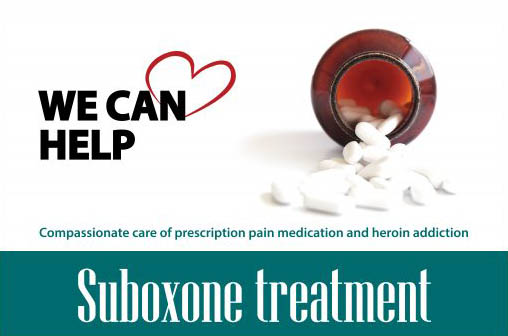Suboxone Treatment for Opiate Dependence using The Alchemy Model
The Alchemy Model
Las Clinicas del Norte uses The Alchemy Model – a group treatment approach highlighted on PBS NewsHour “America Addicted” program October 2017 – to treat opiate and heroin dependence using Suboxone*. This program draws on what our best science tells us works for recovery. The Alchemy Model is effective, intensive and integrated. Abstinence is verified and each part of the program is based on nationally recognized best practices. The Alchemy Model successfully brings all of these together to address the special needs of rural patients. Las Clinicas del Norte is currently expanding services.
To Access Services
Call our Abiquiu Clinic at 505-685-4479 ext. 111 and leave a message. We will return your call within 24-48 hours. We are happy to provide information on our program to anyone. Services can only be scheduled directly by the person seeking care.
How does the Alchemy Model work?
- Not Punitive. Patients are not “punished” for relapse; rather relapse is accepted as part of recovery. Just as diabetics do not immediately get their A1C under control, nor does someone struggling with addiction get it right immediately.
- Harm Reduction Focus. Change takes place slowly, incrementally, over time. Recognizing and acknowledging these incremental changes are critical to building the foundation that long-term abstinence can stand on. This means recognizing decreases in use, safer use, changes in behavior that reduce use, etc.
- Medication-Assisted. Illicit drugs – and trauma – physically change the wiring and the blood chemistry in our brains. In order for patients to take in the information, treatment and skills needed to create and sustain recovery, we must manage the symptoms. Drugs like Suboxone do this; it is not a replacement. It is not a new addiction. It treats the brain directly so that patients can receive care.
- Cognitive Behavioral Therapy-Based. We use the treatment standard – and all of it’s subtypes including CBT, CRA, CRAFT, etc. – to address the behaviors and thoughts and emotions and the responses to them, that determine relapse or recovery.
- Intensive. Treatment takes place weekly for two hours each. Patients meet with both therapist and physician at every visit.
- Group-based. Therapy works better in groups. People with addiction are widely stereotyped and exposed to huge prejudice. We have seen this in our own clinics. Working in a group of their peers, they are understood, they are accepted and they police their own.
- Integrated/Team-based. Treatment includes Harm Reduction, Behavioral Health, Nursing, Medical and Case Management. Psychiatric Specialty care is available as well as Intensive Individual and Family therapy.
- Step Treatment. Treatment is scaled to meet patients where they are. Recurrent relapses result in increased treatment, initially with additional therapy and MD visits, then adding weekly individual therapy. Intensive outpatient programming may be required…and for those with the greatest needs, residential treatment is recommended. Just like treating diabetes or hypertension, treatment is increased until goals are met.
- Medical Focus. “Co-morbidities” are the other medical conditions that surround and fuel addiction. Left untreated, it is difficult if not impossible to sustain long-term recovery. We address the five medical diagnoses that must be addressed in order for patients to stop using. These are anxiety/depression, insomnia, chronic pain, ADHD and trauma. We use non-addictive medications, specialized therapies, trigger point injections and complementary treatments to treat these important medical conditions. Some patients require lifelong treatment for these conditions. For others, the symptoms subside as the brain and the body heal from the effects of using.
- Trust and Verify. One of the key changes in the brain that occur with addiction is that the “adult” part of our brain, our frontal cortex, gets hijacked. Along with habits learned “out there”, it is a challenge for recovering patients to “take off the mask” and be truthful. True treatment only happens with rigorous honesty. So we perform regular confirmatory drug testing using both urine and saliva. This means that it is difficult if not impossible to “fake” a test. This helps us address where a patient truly is in recovery and provide the most appropriate care for our patients. It also greatly reduces the chance that any of our medication is being sold.
- Contingency Management. Success builds on success. Acknowledging and rewarding accomplishments – attendance, a clean drug test – with small rewards reinforces positive change that patients can then build on as they move towards sustained abstinence.
- Options. Not all patients fit this model. Individual treatment is available for those who are not suited to an intensive, group-based approach.
*Individual visits for opiate dependence treatment with Suboxone are also available. Harm Reduction, Narcan, Behavioral Health and Primary Care services are also available.





